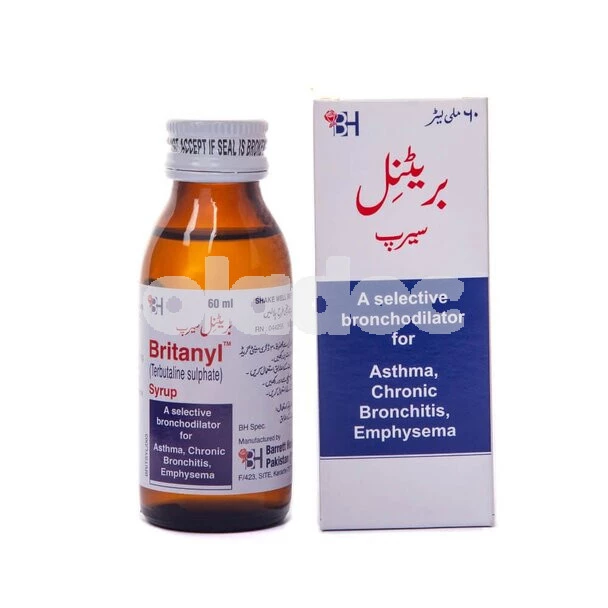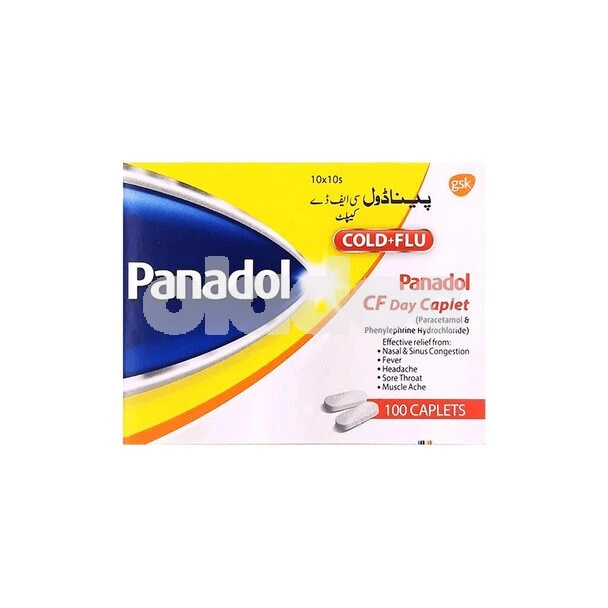Peptic acid disease, commonly known as peptic ulcer disease, is a condition marked by the formation of sores (ulcers) in the lining of the stomach, small intestine, or esophagus. Understanding the causes, symptoms, and dietary guidelines is essential for managing this condition effectively.
Table of Contents
What Is Peptic Acid Disease?
Peptic acid disease refers to ulcers that develop in the digestive tract due to the erosion of the mucosal lining by stomach acid. These ulcers can vary in severity, and if left untreated, they may lead to serious complications, including bleeding or perforation of the digestive tract.
Causes
Several factors can contribute to the development of peptic acid disease:
- Helicobacter Pylori Infection: This bacterium is a significant cause of peptic ulcers, leading to inflammation and damage to the stomach lining.
- Nonsteroidal Anti-Inflammatory Drugs (NSAIDs): Regular use of medications like ibuprofen, aspirin, and naproxen can disrupt the protective barrier of the stomach lining, making it more susceptible to ulcer formation.
- Excess Stomach Acid: Overproduction of stomach acid, often exacerbated by lifestyle factors, can contribute to the development of ulcers.
- Lifestyle Factors: Stress, smoking, and excessive alcohol consumption can weaken the stomach lining and increase the risk of developing peptic ulcers.
Symptoms
Individuals with peptic acid disease may experience a range of symptoms, including:
- Burning Stomach Pain: This pain is often felt between meals or during the night and may improve or worsen with eating.
- Bloating and Belching: These can occur due to increased gas and discomfort in the stomach.
- Nausea and Vomiting: Some individuals may experience feelings of nausea and, in some cases, vomiting.
- Loss of Appetite: The discomfort associated with eating can lead to decreased appetite.
- Weight Loss: Unintentional weight loss may occur due to reduced food intake.
- Dark or Bloody Stools: This can indicate bleeding in the digestive tract and requires immediate medical attention.
Foods to Eat
A well-balanced diet can help manage peptic acid disease and promote healing. Incorporating the following foods can be beneficial:
- Fruits: Gentle on the stomach, bananas, apples, and berries are rich in fiber and can aid digestion. Bananas also have a natural antacid effect.
- Vegetables: Leafy greens (like spinach), carrots, and broccoli can help soothe the digestive tract and provide essential vitamins and minerals.
- Whole Grains: Foods like oatmeal, brown rice, and whole-grain bread are high in fiber, which aids in digestion and promotes gut health.
- Lean Proteins: Skinless poultry, fish, tofu, and legumes provide the body with necessary proteins without irritating the stomach lining.
- Low-Fat Dairy: Yogurt and low-fat milk can be soothing for some individuals. Choose non-spicy and low-acid options.
- Healthy Fats: Incorporating sources like olive oil and avocados can provide heart-healthy fats that are gentle on the stomach.
Foods to Avoid
Certain foods can exacerbate symptoms and should be limited or avoided altogether:
- Spicy Foods: Chili peppers and spicy sauces can irritate the stomach lining and worsen ulcer symptoms.
- Caffeinated Beverages: Drinks like coffee, tea, and some sodas can stimulate acid production, leading to increased discomfort.
- Alcohol: Alcohol consumption can damage the stomach lining and aggravate symptoms of peptic ulcers.
- Fatty Foods: Fried foods and fatty cuts of meat can lead to discomfort and bloating, making them best avoided.
- Chocolate: Chocolate contains caffeine and can stimulate acid production, potentially worsening symptoms.
- Citrus Fruits: Oranges, lemons, and grapefruits are acidic and can increase irritation in individuals with peptic acid disease.
Lifestyle Modifications
In addition to dietary changes, certain lifestyle modifications can significantly aid in managing peptic acid disease:
- Quit Smoking: Smoking can impede healing and increase stomach acid production. Quitting can improve symptoms and overall health.
- Limit Alcohol Consumption: Reducing or eliminating alcohol intake can help protect the stomach lining and minimize irritation.
- Manage Stress: Stress can worsen symptoms. Incorporating stress-reduction techniques such as yoga, meditation, or deep-breathing exercises can be beneficial.
- Eat Smaller, More Frequent Meals: Instead of three large meals, try eating smaller meals more frequently to reduce pressure on the stomach and aid digestion.
- Avoid Lying Down After Meals: Waiting at least two to three hours before lying down can prevent acid reflux and discomfort.
- Maintain a Healthy Weight: Excess weight can increase abdominal pressure, contributing to acid reflux and ulcer symptoms. Aim for a balanced diet and regular physical activity.
- Stay Hydrated: Drinking plenty of water throughout the day can aid digestion and help neutralize stomach acid.
Conclusion
Managing peptic acid disease requires a thoughtful approach to diet and lifestyle. By understanding what to eat and what to avoid, individuals can help alleviate symptoms, promote healing, and improve their overall quality of life. If you suspect you have peptic acid disease or are experiencing symptoms, it’s crucial to consult with a healthcare provider for a proper diagnosis and treatment plan. With the right care and dietary adjustments, peptic acid disease can be effectively managed, allowing individuals to lead healthier, more comfortable lives.






